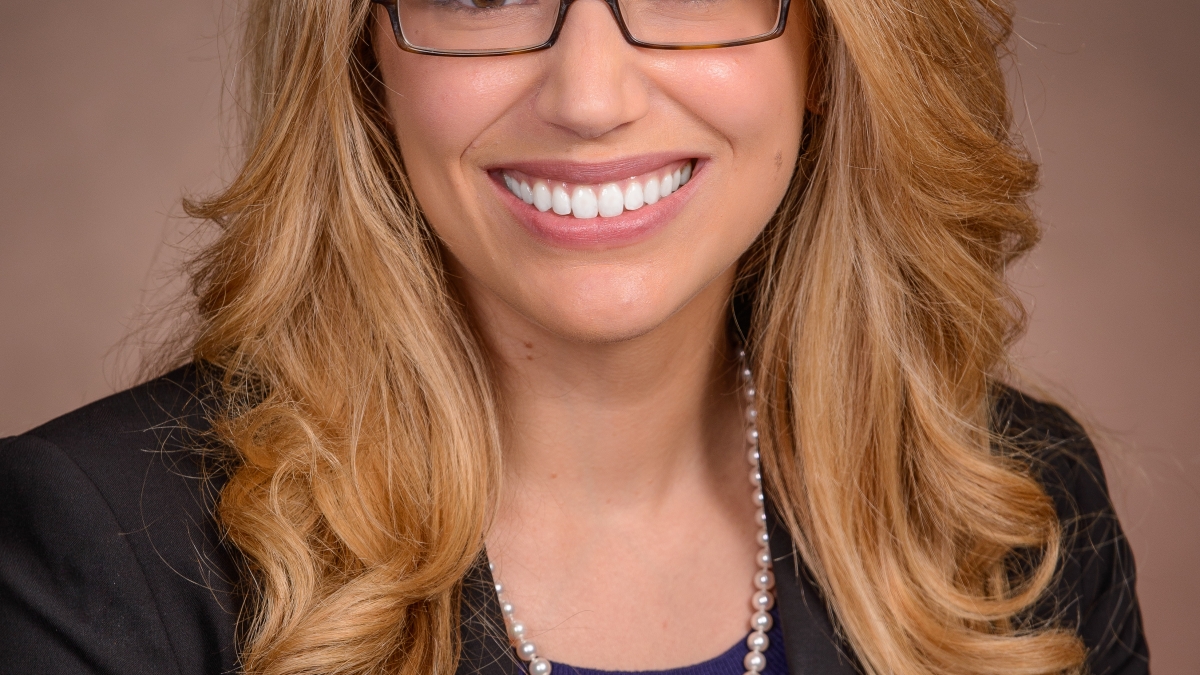Scholar specializes in governance of natural resources

Specializing in the governance of natural resources, Karen Bradshaw Schulz brings to the Sandra Day O’Connor College of Law a range of environmental law courses that draw on both her lifelong commitment to environmental issues and her training and experience as a business professional.
Born and raised in northern California, in a rural town with “more trees than people,” Bradshaw Schulz comes by her interest in the dynamics underlying environmental conflict naturally. She founded and operated a real estate brokerage firm prior to attending law school.
Bradshaw Schulz received her law degree with honors from the University of Chicago, where she was a Tony Patino Fellow, Olin Fellow, and comment editor for the Law Review. She clerked for Judge E. Grady Jolly of the U.S. Court of Appeals for the Fifth Circuit. Before joining ASU this fall she was the inaugural Koch-Searle Fellow in Legal Studies at New York University.
“It is exciting to be in a place where innovation and an entrepreneurial approach are blazing trails to improve student experiences and prospects,” she says. “ASU’s Sandra Day O’Connor College of Law has incredibly strong faculty, students and leadership, as marked by its meteoric rise.”
An avid outdoorsperson with a passion for hiking, biking and travel, Bradshaw Schulz looks forward to exploring issues and ideas with students, as they become professionals in whom society entrusts the fate of the individuals and communities they will serve. She plans to bring a spirit of shared enterprise to her classes, creating a setting in which students can take intellectual risks and learn from their classmates.
“Students are incredibly aware of, and sophisticated about, environmental issues. We will study the toolkit of solutions available to resolve conflicts fundamental to sustainable living: How should we govern natural resources? Which methods provide the best results? How should society define the best sustainability outcomes?”